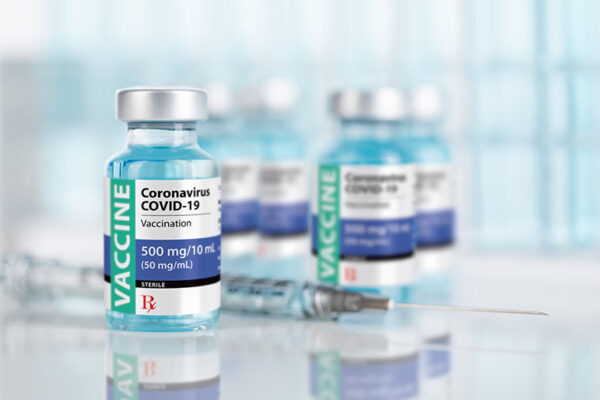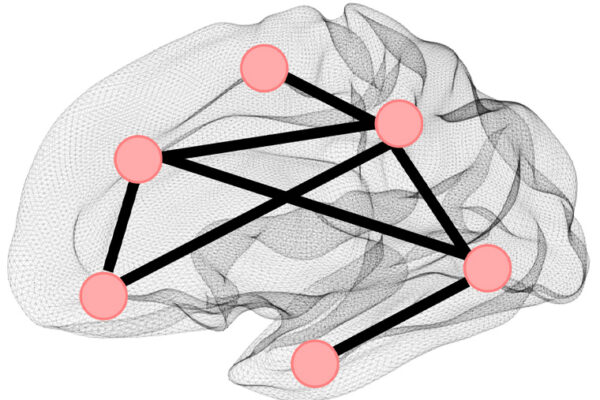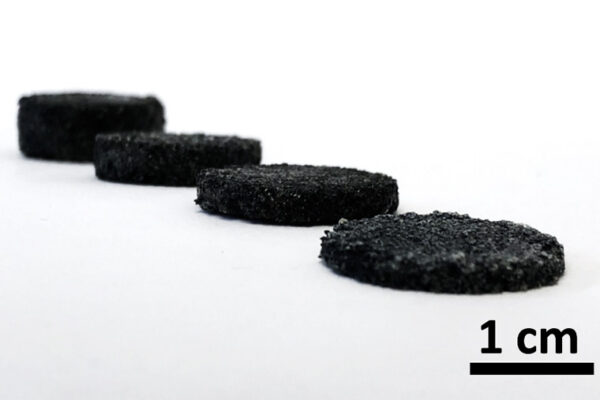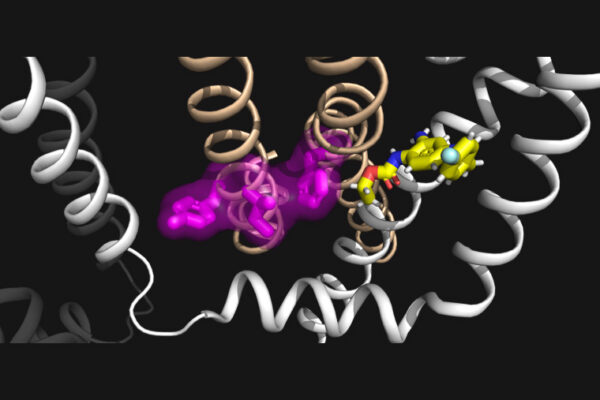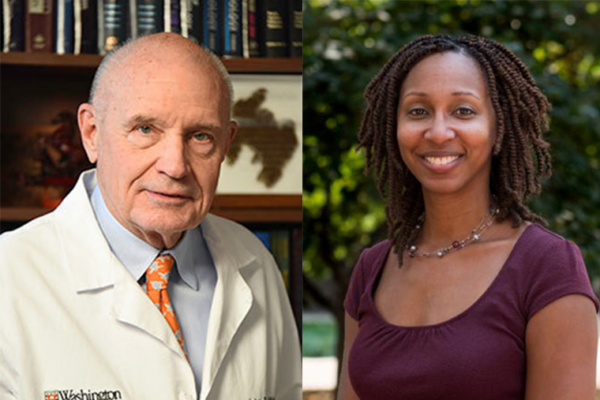Restoring movement after spinal cord injury focus of new research
Ismael Seáñez received a five-year $1 million grant from the National Institutes of Health (NIH) to lead interdisciplinary spinal cord injury research.
Low testosterone may increase risk of COVID-19 hospitalization for men
Men with low testosterone who develop COVID-19 are at elevated risk of becoming seriously ill and ending up in the hospital, according to a study by researchers at Washington University School of Medicine and Saint Louis University School of Medicine.
Push, pull or swirl: the many movements of cilia
Louis Woodhams and Phil Bayly’s team at the McKelvey School of Engineering built a model to better understand how certain cilia — tiny, hairlike structures throughout our body — beat.
WashU Medicine, BJC HealthCare partner with new company to accelerate lifesaving research
Washington University School of Medicine and BJC HealthCare are partnering with CuriMeta, a new company based in St. Louis, that will accelerate lifesaving research in the fight against chronic and acute diseases.
Modified nucleotides used in COVID-19 vaccines work as designed
Biologists in the laboratory of Hani Zaher in Arts & Sciences examined the modified nucleotides used in COVID-19 vaccines. The modifications faithfully produce the protein products as designed, a welcome sign for future RNA therapeutics.
Modeling personalized medicine for neurocritical illness
ShiNung Ching and collaborators are working with a $1 million NIH grant to predict and prevent some injuries related to neurological illnesses.
Lu studies potential benefits of AI in health care
Chenyang Lu at the McKelvey School of Engineering is evaluating the potential use of artificial intelligence to benefit patients’ health — and doctors’ well-being.
Spongy electrodes designed for better births
Spongy electrodes developed in the lab of Chuan Wang at the McKelvey School of Engineering will help map the uterus to better understand preterm birth.
Study reveals novel mechanism behind epilepsy, drug modulation
Researchers in Jianmin Cui’s lab at the McKelvey School of Engineering have looked at drug interactions and mechanisms behind a group of proteins to potentially develop a new strategy to treat epilepsy.
Atkinson, Wingfield receive faculty achievement awards
Adia Harvey Wingfield, in Arts & Sciences, and John Atkinson, at the School of Medicine, will receive Washington University’s 2022 faculty achievement awards, Chancellor Andrew D. Martin announced.
Older Stories




